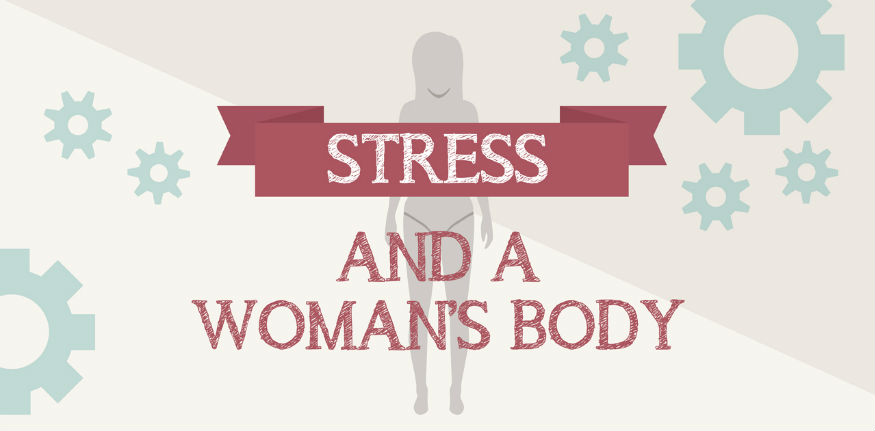 Arto/Fotolia
Arto/Fotolia
Are your finances affecting your mental health? Research shows that your financial health, including your debt, may play a role in your mental well-being.
Having debt can add stress to your life and affect your mental health, as you worry about ways to pay off what you owe. Falling behind in your payments, or knowing that you cannot keep up with your bills, can add even more anxiety that can negatively affect your mental health.
According to the National Institute of Mental Health, approximately 18 percent of all adults in the United States had some type of mental illness in 2014. That adds up to over 43.5 million adults over age 18 with mental illness.
Research studies show that mental health problems and being in debt often go hand in hand.
Researchers at the University of Southampton concluded that people with debt have a three times higher risk of mental health illnesses including depression, anxiety disorders and psychotic disorders.
Suicide statistics also show that people who succeed in committing suicide are eight times more likely to be in debt.
The type of debt that you have can also influence how much your mental health is likely to be affected. Studies have shown that short-term debt, such as credit card debt is more likely to cause depression than other kinds of debt. Overdue bills also add to the threat of mental health issues.
According to Money-zine.com, the total amount of consumer debt in the United States averages out to $10,600 per person. That includes men, women and children, and does not include the cost of having a home mortgage.
Another way to think about debt is to consider what is known as the financial obligation ratio. The FOR calculates the percentage of income a person needs to spend each month, after taxes, on things like housing, car loans or lease payments, property taxes, insurance and credit card debt. These are considered “mandatory” financial obligations.
A typical homeowner has an FOR of 15 percent of their disposable income, while a renter has an FOR of over 25 percent.
Research has shown that unsecured debt, such as credit card debt, is more likely to increase the risk of mental health problems. Renters are also at higher risk than homeowners, as long as the homeowner can afford monthly mortgage payments.
The way you think about debt can also affect your mental health risks. Catastrophic thoughts and “checking out” are two negative approaches that can make mental health concerns worse.
Catastrophic thinkers may jump from one fearful event to the next. They may be afraid that they won't be able to make a payment, which may lead to fear of losing a job, and that may lead to fear of being homeless.
People who check out or feel apathetic when thinking about debt may continue to accumulate more and more debt on credit because they feel hopeless about ever solving their financial problems.
In both of these cases, experts recommend adding a dose of logic to help you recognize that thinking only in extremes won’t solve the immediate situation. They advise taking a deep breath and thinking rationally about what can be done now, in order to come up with solutions that can move you toward your goal.
Unfortunately, the connection between debt and mental health is not a one-way street. Just as financial problems can put you at higher risk for mental health concerns, having a mental health illness can put you at greater risk for falling into debt. Mental health issues can affect your ability to work, as well as your ability to handle money effectively.
In the end, researchers suspect that mental health conditions and debt can each help drive the other condition. No matter which develops first, you may be more successful at getting through by working to solve both issues at the same time.
Even if you are mentally healthy and relatively debt-free, you can help protect your own well-being. Keep an eye on your bank account and on your mental health, and seek help if either area shows signs of distress.
If you have questions or concerns about your mental health, talk to your health care provider.
Sources:
Psychology Today. What Your Financial Health Says About Your Mental Health. Amy Morin. Web. December 17, 2015.
https://www.psychologytoday.com/blog/what-mentally-strong-people-dont-do...
The Denver Post. Debt and mental health issues go hand in hand. Dave Burdick. Web. December 17, 2015.
http://www.denverpost.com/ci_23177329/debt-and-mental-health-issues-go-h...
The Denver Post. Protect your mental health when under financial strain: 5 strategies. Dave Burdick. Web. December 17, 2015.
http://www.denverpost.com/smart/ci_23177333/protect-your-mental-health-w...
Money-Zine. Consumer Debt Statistics. Web. December 17, 2015.
http://www.money-zine.com/financial-planning/debt-consolidation/consumer...
National Institute of Mental Health. Any Mental Illness (AMI) Among U.S. Adults. Web. December 17, 2015.
http://www.nimh.nih.gov/health/statistics/prevalence/any-mental-illness-...
Reviewed Dec 18, 2015
by Michele Blacksberg RN
Edited by Jody Smith





Add a CommentComments
There are no comments yet. Be the first one and get the conversation started!